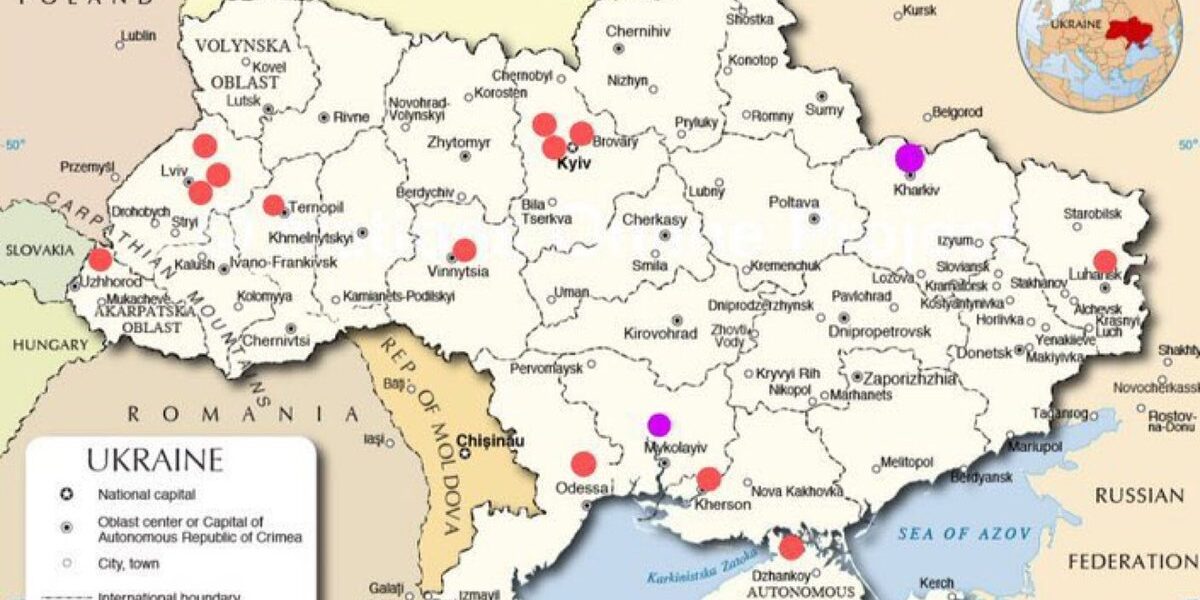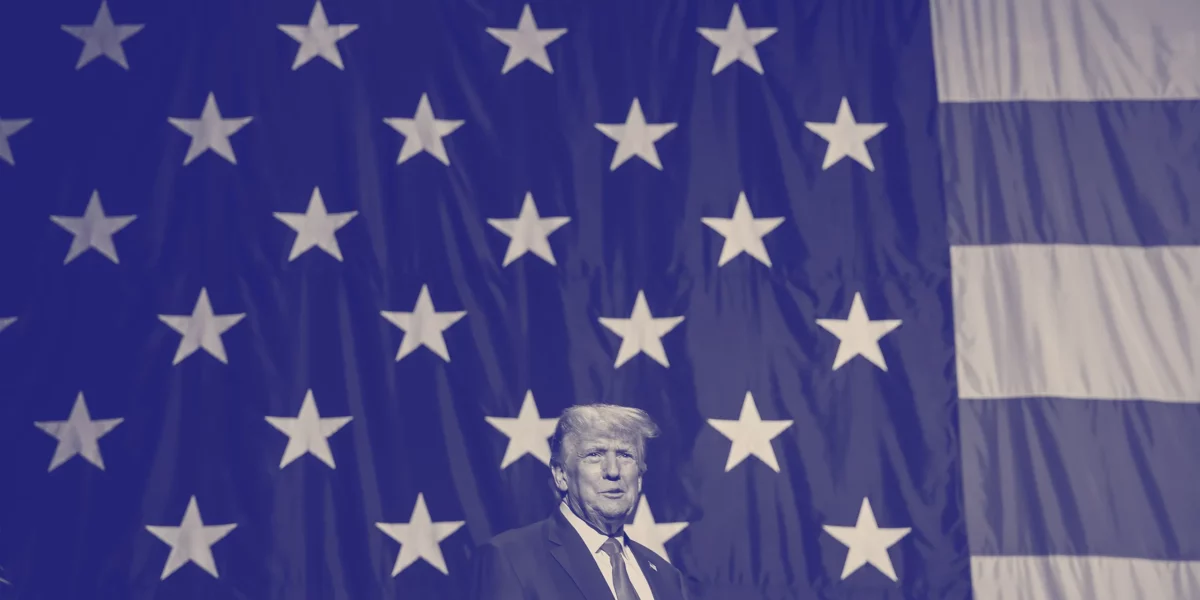Russia Claims State Dept. and Atlantic Council Censor Info on US Biolabs Run by Bill Gates and Hunter Biden-linked Metabiota
The U.S. State Department is conducting an “active outreach campaign” to “neutralize Russian accusations that US military biologists had violated the provisions of the Biological Weapons Convention,” Russian bioweapons chief Lt. Gen. Igor Kirillov charged in a Russian Defense Ministry presentation July 14.
The International Science and Technology Centre (ISTC) in Astana, Kazakhstan plays a key role in the censorship of claims about US bioweapons in Ukraine, Kirillov charged, together with Wooden Horse Strategies, a U.S. consulting firm in Kiev run by Atlantic Council Eurasia Center senior fellow Brian Mefford.
The contract between ISTC and Wooden Horse “provides for the posting of relevant material at least eight times a month, as well as the monitoring of ‘pro-Russian’ publications on this topic appearing online and promptly responding to them, including blocking access”, Kirillov claimed.











